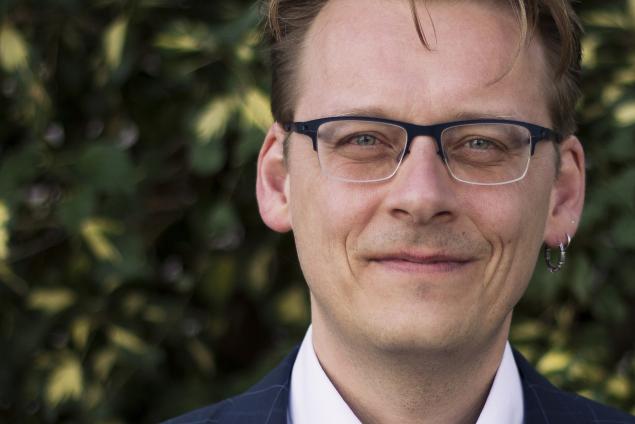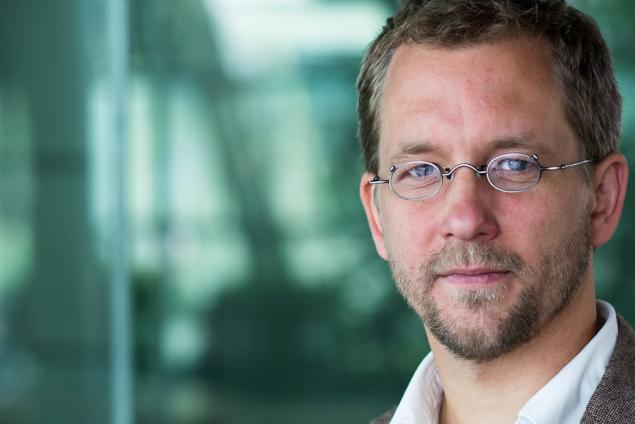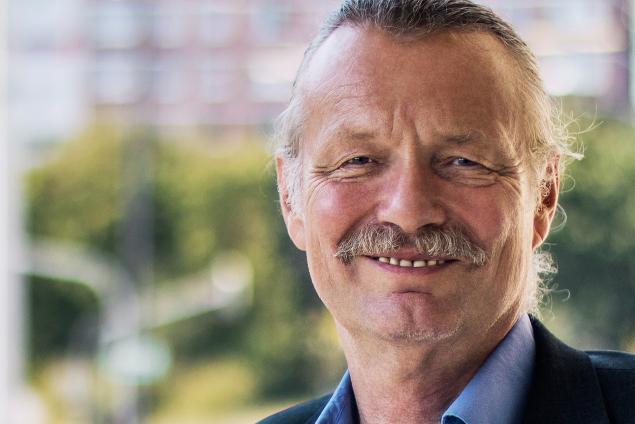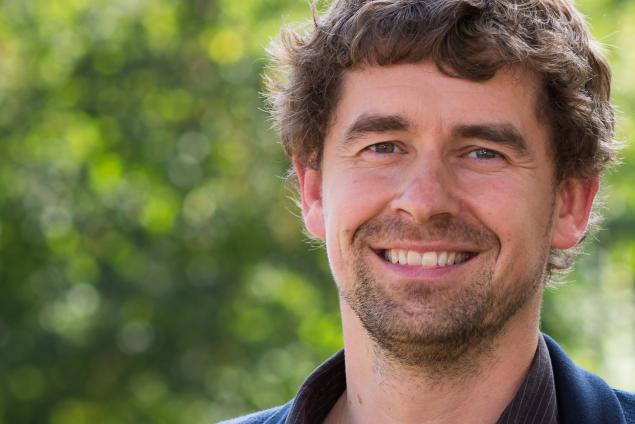Scroll to Section:
When studying human social and cultural diversity, there are usually distinctions being made based on world regions. This leads commonly to the assumption that there is a continental divide between Europe and Asia. However, researchers from many disciplines point out that Eurasia should rather be seen as a unity. In the comparative anthropological study CHRIS HANN presents in this video, he found commonalities across the Eurasian landmass at the level of values that can be traced back over centuries and distinguish it from other parts of the world – in particular from the settler societies of North America. It is argued that this value consensus was promoted by cultural exchanges between East and West that took place along the Silk Road and across the Indian Ocean over thousands of years of Eurasian history.
DOI:
https://doi.org/10.21036/LTPUB10255
Institution
Max Planck Institute for Social Anthropology
The Max Planck Institute for Social Anthropology is one of the world’s leading centres for research in socio-cultural anthropology. Common to all research projects at the Max Planck Institute is the comparative analysis of social change; it is primarily in this domain that its researchers contribute to anthropological theory, though many programmes also have applied significance and political topicality. Fieldwork is an essential part of almost all projects.
Original publication
A Concept of Eurasia
Current Anthropology
Published in 2016
Reading recommendations
What Happened in History
Published in 1942Occidentalism: Jack Goody and Comparative History
Theory, Culture & Society
Published in 2009
ReOrient. Global Economy in the Asian Age
Published in 1998Historical Transformations. The Anthropology of Global Systems
Published in 2008Plough, Sword and Book
Published in 1988The Theft of History
Published in 2006The Eurasian Miracle
Published in 2009Debt: The First 5000 Years
Published in 2011The Rise of the West: A History of the Human Community
Published in 1963Why the West Rules – for Now. The Patterns of History, and what they Reveal about the Future
Published in 2010The Great Transformation. The Political and Economic Origins of Our Time
Published in 1944The Great Divergence. China, Europe and the Making of the Modern World Economy
Published in 2000Buying Time. The Delayed Crisis of Democratic Capitalism
Published in 2014Beyond
A Ground-breaking Scientific Revolution
An Alarming Challenge for Society
If I Had a Second Life
A Personal Reading Recommendation




